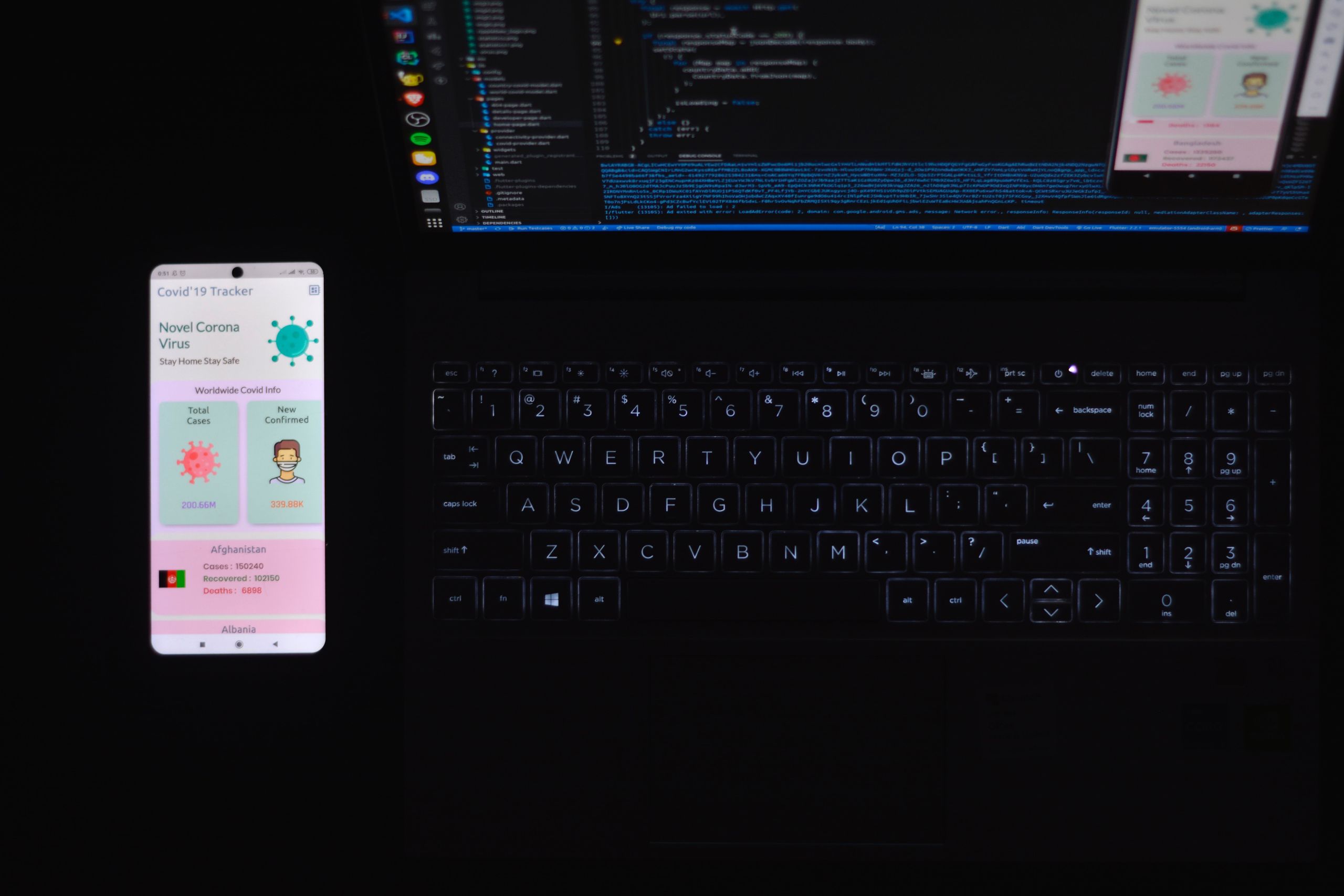
Jennifer Mary
August 4, 2022
Flutter vs React Native: Which is Best for Your App?
- comparison
- Flutter
- knackforge
- organization
- React Native
- Web app
- web development app
Selecting the right framework for your future application determines its productivity and its set of features. Badly built software will cause the user's device to overheat, slow, and malfunction.
This is where the long-standing debate between native and cross-platform development originates from; and the conflict between the two-mainstream cross-platform mobile app development frameworks in particular: Flutter vs React Native.
If you can't make a choice between React Native and Flutter for developing your cross-platform mobile app? In this article, we will compare the leading market players Flutter and React Native. In addition to that, you will be getting an idea regarding which one will be the best framework for fitting your app’s requirements.
What Is Flutter?
The user interface tool Flutter uses the Dart programming language and is very useful. As an example, it is a complete application software development kit with all widgets and tools, together with the Google UI framework.
Cross-platform app development is possible using Flutter. Flutter aims at desktops, mobile, and websites from a single codebase and configures its own Dart native compiler to produce a hardware-optimized application for the ARM architecture.
What Is React Native?
React Native is a renowned open-source mobile app substructure that makes use of JavaScript. It depends on the bridge concept, which is a way of communication between native and JS threads. In 2015, Facebook released it as an open-source project.
While Flutter and React, Native apps are both native, they are advantageous over traditional native app development because they permit significant sharing of codebase across many platforms.
Flutter vs React Native: In a Nutshell
Let's take a short look at Flutter and React Native in this table before we delve further into the comparison of the two SDKs.
Features | Flutter | React Native |
What is it? | A portable UI toolkit for building natively-compiled apps across mobile, web, and desktop from a single codebase | A framework for building native applications using React |
Official release | December 2018, Google I/O | March 2015, F8 Conference |
Created by | ||
Free and open source | Yes | Yes |
Programming language | Dart | JavaScript |
Hot Reload | Yes | Yes |
Performance | High-performance, quick | Slower performance because of JavaScript bridging |
Top apps made with this technology | Xianyu app by Alibaba, Hamilton app for Hamilton Musical, Google Ads app, Philips Hue, My BMW | Instagram, Facebook, Facebook Ads, Skype, Tesla |
Time-to-market | Comparatively faster | Comparatively slower |
The primary difference between React Native and Flutter is that React Native executes JavaScript code rather than compiling it into one of the native mobile app development languages (Java, Swift, or Objective-C). While Flutter compiles its Dart language into native, this may influence performance.
Another significant distinction is that components on React Native are written using vanilla JavaScript rather than JSX. Facebook developers endorse using Flow or TypeScript when with React due to its dynamic nature. For Flutter, Google recommends using Dart for writing code as well because of its static typing scheme.
Even though some experts anticipate that Flutter is the future of mobile app development, in the Flutter vs. React Native duel, there is no clear winner. The decision of which one to choose will depend on the features of the project and on the aspects that play a major role in it. Finally, the decision on which of these 2 technologies to choose should be based more on your preferences and their actual features and capabilities.
Work with our talented and experienced mobile app developers who can offer free consultations based on your requirement.
Get awesome tech content in your inbox
Similar Blogs
Similar Blogs
Get awesome tech content
in your inbox
Just like how your fellow techies do.
Ready to get started?
We'd love to talk about how we can work together
AWS CLOUDCOST
Take control of your AWS cloud costs that enables you to grow!
